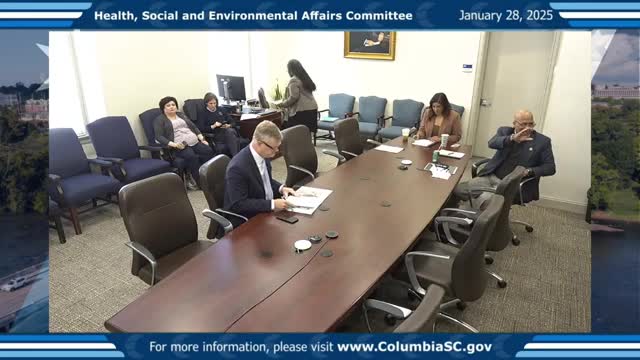Article not found
This article is no longer available. But don't worry—we've gathered other articles that discuss the same topic.
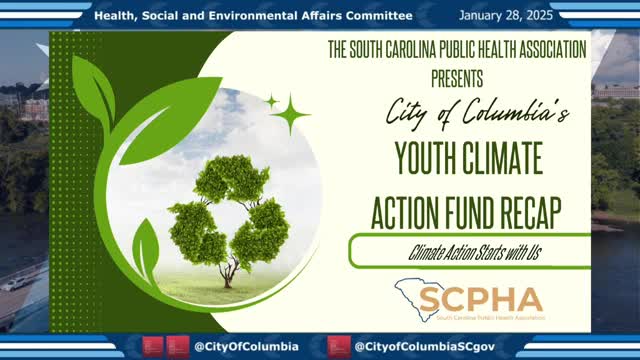
Students, SEPHA present home weatherization and campus climate resiliency week
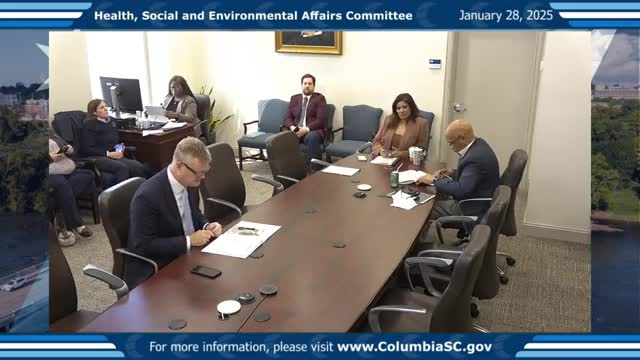
City updates Vista Greenway, Penny projects and Columbia Riverwalk plans; seeks grant leverage
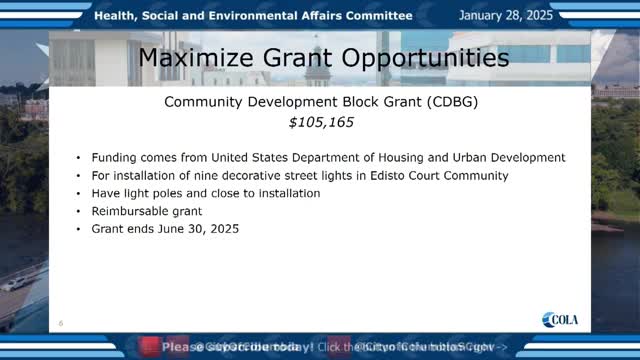
City warns federal grant freeze could delay projects; staff lists multiple environment grants
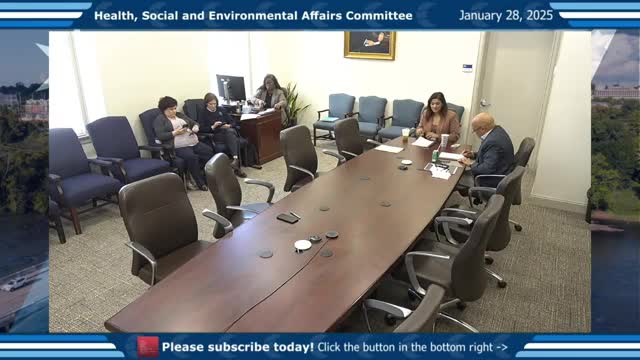
Columbia Water outlines 2025 priorities: consent-decree work, pipe replacement, Canal Recovery and biogas project
